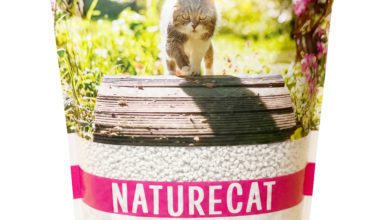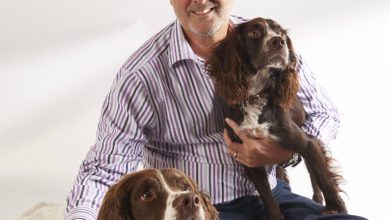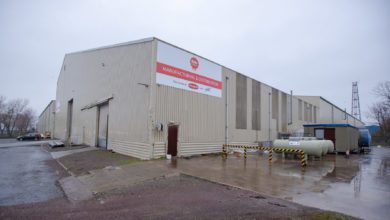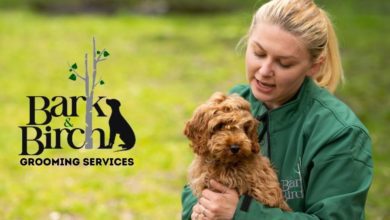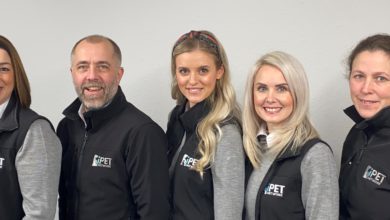College issues advice following reported veterinary practice burglaries
The Royal College of Veterinary Surgeons (RCVS) has been made aware of a number of recent burglaries of veterinary practice premises for the purposes of stealing controlled drugs and would like to remind practices of how they can best protect themselves through the safe and secure storage of controlled drugs.
All Schedule 2 controlled drugs (with the exception of quinalbarbitone) and certain Schedule 3 controlled drugs are legally required to be stored in a locked container which is compliant with the Misuse of Drugs (Safe Custody) Regulations 1973; however, the College considers it advisable for all Schedule 3 controlled drugs to be stored in the controlled drug cabinet.
Controlled drug cabinets must only be accessed by a veterinary surgeon, or another nominated responsible person at the practice.
In the case of a nominated person who is not a veterinary surgeon removing controlled drugs from the cabinet, the legal and professional responsibility remains with the veterinary surgeon whose direction they are under.
The College’s full guidance, including advice on use, location, and design and construction of cabinets, can be found in the Controlled Drugs Guidance and the Practice Standards Scheme Manual.
Many police forces in the UK also have Controlled Drugs Liaison Officers who offer advice on various matters, including safe storage.
To download the Controlled Drugs Guidance, which includes further guidance on areas such as storage and destruction of controlled drugs visit the College’s website: http://www.rcvs.org.uk/publications/controlled-drugs-guidance/
Contact details for Controlled Drugs Liaison Officers by area can be obtained from the Association of Police Controlled Drugs Liaison Officers: http://www.apcdlo.org.uk/contact.html.









